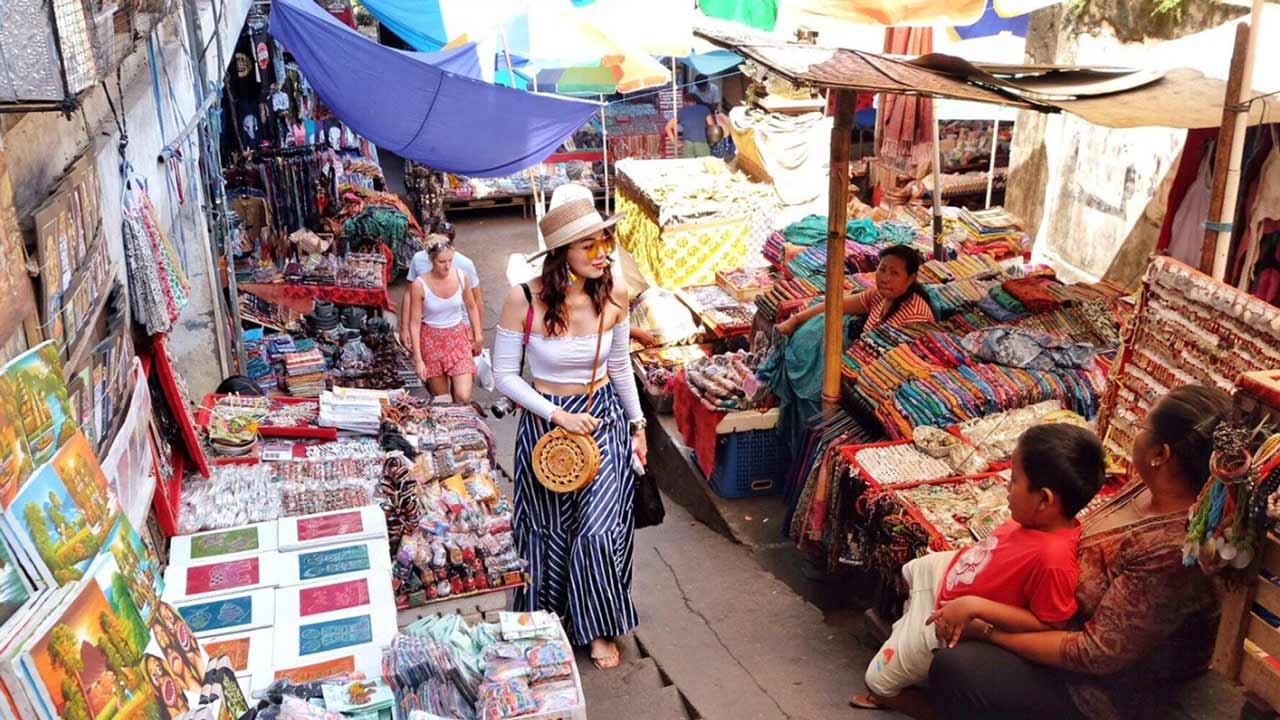Build a Traveling Circus: The Art of Keeping in Touch with Fellow Travelers

We just traveled together for about 2 weeks, however in some way I discovered myself playing host to him in New York City a year later. How? Through what Dave calls the “taking a trip circus.”
Whether your goal is to build a network of sofas to crash on (like Dave) or just to keep in touch with contacts who can reveal you around foreign cities, assist with research jobs, share local insight, and, well, be your good friends –– the technique is mastering exactly how to communicate with the right individuals and what to expect.
Everywhere Dave goes, he collects friends. All of his pals all over the world, collectively, form his “traveling circus.”
I eventually lost touch with the German lady we satisfied in the hostel in Prague, however Dave didn’t. As a result, he has an open invitation to Frankfurt.
And Toronto, and New York, and all over else his travel contacts live. Is he buddies with everybody? Nope. However, would we use up our couches to him? In a heart beat.
Here are the top six things you require to understand in order to create a taking a trip circus of your own.
1. Communicating with good friends made on the path.
You’re probably knowledgeable about this scene:
You get here in Rome (or Munich or Bangkok or another location you have actually been implying to check out for years), plop your large knapsack onto a regional dormitory’s twin-sized bed, and meet the neighbors. You begin speaking to the other backpackers, learn that you share a common connection in London, and the relationships grow from there. You travel together for the next 3 days directly –– and after that you part ways.
Communicating:
It’s easy not to follow through after that, because you did satisfy only for three days. But, bear in mind that you have actually shared the extraordinary experience of exploring a brand-new location.
Start by ending up being Facebook buddies. Almost everyone I’ve fulfilled is on Facebook, whether they’re French, Japanese or, alas, Australian.
You’re not anticipated to end up being buddies overnight or perhaps at all, but the secret is to keep the lines of interaction open. Objective to shoot a Facebook message to your travel mates two times each year. It can be brief: “Hey, how’ve you been?” There’s absolutely nothing in specific that you need to say. Your main goal is to make sure that you remember each other now and in the future.
What to anticipate:
Some travel mates will release an open invitation to go to one day. To make sure that the offer is genuine, let your travel friend understand that you’ll be in town, see if you can set up a time to hang out, and wait on him or her to offer.
Unless you became close good friends in the interim, don’t be any pushier than a half-serious joke about their offer to host you.
If your buddy doesn’t leap at that, then do not require the problem. If the deal to host was genuine, do not forget to bring white wine, flowers, or souvenirs from the last location you visited.
2. Visiting old pals in foreign cities.
Whether your childhood buddy got married and transferred to India or your cousin is studying abroad in Barcelona, it’s great to have connections. If, nevertheless, it’s been 20 years since you spoke with that good friend from 3rd grade, it’s ugly to reconnect for the very first time a simple week before you ask to crash at his location.
Staying connected:
Whether this indicates exchanging holiday cards or calling each other a number of times annually, your connection is just as strong as you make it. One of my old good friends from high school just recently discovered me on Twitter and connected. Although we have not spoken in years, I’m grateful he did!
What to expect:
Relationship.
Your expectations should vary according to your nearness to this individual. Even if you have not seen someone in several years, you can hope to capture up over a drink and maybe have the individual reveal you around town. Don’t count on an offer of accommodations, though; their responses will depend on their circumstances. If your old schoolmate is married and your cousin is coping with a host family, a deal of accommodation might not be sensible.
Moral of the story: Anticipate to reconnect with someone you appreciate. If all you’re searching for is a location to crash, do not bother.
3. Maintaining contact with previous couch-surfers.
Whether you have actually gone through a website like CouchSurfing.com or merely let a friend-of-a-friend remain in your living-room for a couple of days, a distinct link is created whenever someone opens up his/her house.
Communicating:
Despite how close you were to your visitor prior to she stuck with you, there’s now a special bond (unless the experience was negative). Goal to drop her a quick line as soon as or twice per year. Even if you fall a bit out of touch, you’ll have complimentary reign to reconnect when you’re planning a trip to her home town. Your relationship with this person is currently developed completely around offering and receiving.
What to expect:
I couchsurfed through Europe a number of years earlier, and if any of my previous hosts were in New york city, I would feel the need to be congenial.
Simply bear in mind that hosting is a commitment: You might not have actually minded sharing your living-room for two days, but your previous visitor who resides in Shanghai may have more qualms about sharing her tiny bed room. Have an honest discussion about it. At the least, you can anticipate this individual to grab beverages and show you around town, however do not approach the scenario with a sense of entitlement. Likewise, despite whether you wind up remaining over, bring along a small gift or memento.
4. Looking into or studying abroad.
When I was researching my senior thesis, I spent a few weeks in Kyoto speaking with clergy and professors. I do not have any instant plans to do more research study in Japan, however who knows what the future holds? I make an effort to stay connected with local teachers and research buddies– whether searching for suggestions, suggestion letters, or support for future tasks, the key is not to lose touch entirely.
Communicating:
You aren’t going to tell that professor about your relationship or favorite dining establishment, and staying connected will be almost entirely your burden. Don’t become uncomfortable about making all the effort. Individuals in academia are used to rekindling old work connections, and every teacher I’ve understood has actually delighted in hearing about what past trainees are up to.
Keep these correspondences brief, share what you’ve been doing for your professional and/or intellectual pursuits, and do not message more than 2 or three times per year unless you have something particular to state.
What to expect:
Nothing, in the short-term sense. Cultivate a long-term relationship so that you have a solid contact for other opportunities, future research study, letters of recommendation, and –– most importantly –– suggestions.
5. I dare you: create your own taking a trip circus.
You do not have much to lose by reaching out to individuals you’ve lost touch with. Be respectful, acknowledge that it’s been a long period of time, and show the individual that you value her relationship and would like to reconnect. Not just might you find somebody willing to show you around town or use up a place to remain the next time you visit, but you’ll reconnect with old buddies and revive relationships that can improve your life, and your travels.




